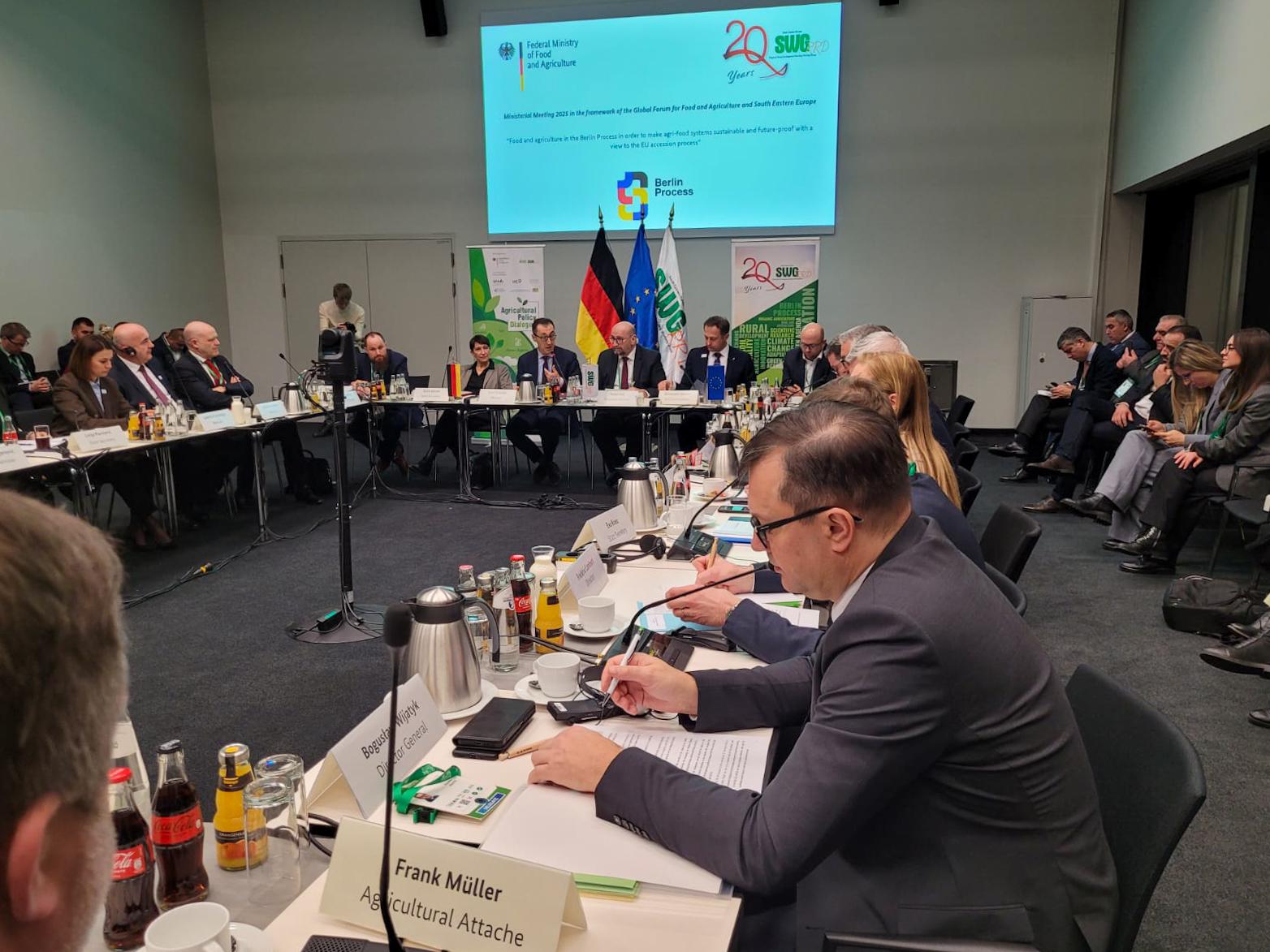Green Week Berlin – Discussions on the Sidelines of the Fair
17.01.2025
During the Grüne Woche fair in Berlin, the Minister of Agriculture and Rural Development, Czesław Siekierski, held talks with ministers of agriculture from Moldova, the United Kingdom, and Lithuania, as well as representatives of German Lands – Saxony, Bavaria, and Brandenburg. The minister also met with officials from the Dolnośląskie Voivodeship, Wielkopolskie Voivodeship, and Kujawsko-Pomorskie Voivodeships.

During all bilateral discussions, the priorities of the Polish Presidency of the Council were addressed. Minister Siekierski invited international guests to participate in the European Congress for Rural Renewal and Development in Poznań, scheduled for 8-10 May 2025.
The minister was accompanied during the bilateral talks by the Director General of the Ministry of Agriculture and Rural Development, Bogusław Wijatyk, and Deputy Chief Veterinary Officer, Paweł Meyer.
During the meeting between Minister Siekierski and the Minister of Agriculture of Brandenburg, Secretary of State Jacek Czerniak was also present.
Polish-Moldovan Talks
A meeting between Minister Czesław Siekierski and the Minister of Agriculture and Food Industry of the Republic of Moldova, Ludmila Catlabuga, was held at the initiative of Moldova. This was the first meeting between Minister Siekierski and the new Moldovan Minister of Agriculture, who assumed office in November 2024.
The Polish delegation informed that Poland is ready to provide support for Moldova on its path toward accession to the European Union.
– Moldova can count on Poland’s expert support in aligning its agriculture with EU requirements, emphasised the Polish Minister of Agriculture.
Moldova expressed interest in receiving further support from Poland in the process of harmonising legislation with EU standards.
Poland has not encountered any difficulties in accessing the Moldovan market. Polish agri-food companies are interested in the Moldovan market, to which we already send a wide range of products (mainly pork, cheese and curd, as well as poultry meat and offal).
Between January and October 2024, Polish exports to Moldova amounted to EUR 67.2 million, while imports from Moldova to Poland reached EUR 85.6 million. In 2023, Polish exports to Moldova exceeded EUR 71.6 million, with imports totalling EUR 61.6 million.
– We look forward to further development of agricultural trade between our countries, said Minister Siekierski.
Minister Catlabuga confirmed her interest in intensifying trade relations between Moldova and Poland.
At the conclusion of the meeting, both parties signed a Memorandum of Understanding between the Minister of Agriculture and Rural Development of the Republic of Poland and the Minister of Agriculture and Food Industry of the Republic of Moldova on cooperation in agriculture.
– The meeting was very important for building strong trade relations between Poland and Moldova. The best is yet to come, summarised Minister Siekierski.
Discussions with the Minister of Agriculture of Saxony
During a meeting with the Minister of Agriculture of Saxony, Minister Siekierski addressed the following issues:
• balancing the interests of farmers, consumers, and environmental concerns;
• current challenges faced by farmers in the EU, including the Green Deal, the CAP budget, and simplifying EU bureaucracy.
The Polish and Saxon sides agreed that maintaining livestock production is crucial for achieving balance in both agriculture and nature.
The Ministers of Agriculture of Poland and Saxony expressed their willingness to cooperate in the agricultural sector, highlighting the long tradition of collaboration and its potential for further development.
Polish-Lithuanian Talks
The meeting between Minister Czesław Siekierski and the Lithuanian Minister of Agriculture, Ignas Hofmanas, was initiated by Lithuania.
The discussions covered the following topics:
• the priorities of the Polish Presidency of the Council;
• the EU-Mercosur Trade Agreement;
• alignment of direct payment levels between EU Member States;
• challenges related to Ukraine’s integration into the EU;
• post-2027 CAP.
– We need to consider to what extent the EU should open up to a significant influx of goods from outside the Community. This applies to products from both Mercosur countries and Ukraine, said the head of the Polish Ministry of Agriculture.
Poland expressed hope that Lithuania would join the group of countries aiming to block the EU-Mercosur agreement. The Polish delegation also emphasised the importance of deepening dialogue and cooperation in negotiations with Ukraine regarding its future EU membership.
– Negotiations between the European Commission and Mercosur countries were conducted in secrecy, bypassing farmers and Member States, noted Minister Siekierski.
Minister Hofmanas stated that Lithuania would present its specific stance on the EU-Mercosur agreement only after receiving information from the European Commission assessing the impact of the agreement on Member States.
Discussions with the Minister of Agriculture of Bavaria
The meeting with Michaela Kaniber, Bavaria’s Minister of Food, Agriculture, Forestry, and Tourism, was initiated by Poland.
– Following the appointment of the new European Commission and the presentation of its work programme, constructive discussions within the EU on the greatest challenges facing the Community and the directions for its further development are essential, emphasised Minister Czesław Siekierski.
Minister Kaniber expressed hope for collaboration with Poland in shaping the new post-2027 CAP, particularly as Bavaria and Poland share a similar agricultural structure in terms of farm size.
Polish-British Talks
The meeting between Poland’s Minister of Agriculture, Czesław Siekierski, and the UK Minister for Food Security and Rural Affairs, Daniel Zeichner, was initiated by the British side.
The Polish side expressed its support for fostering the best possible relations between the European Union and the United Kingdom. It emphasised the importance and necessity of such relations in the face of the unstable times we live in.
– We welcome the reset in EU-UK relations as a key foreign policy priority of Prime Minister Keir Starmer. The issues surrounding this reset will be discussed at the upcoming EU-UK summit, scheduled for spring 2025 during our Presidency of the Council, announced Minister Czesław Siekierski.
Minister Siekierski outlined the current international context and the significance of Polish-British cooperation, particularly in the trade of agri-food products. He highlighted the central priority of Polish Presidency of the Council – food security.
Minister Zeichner stated that the current government, of which he is a part, aims to rebuild and maintain the best possible relations with EU Member States.
– The meeting was highly substantive, and I am convinced it will contribute to streamlining trade matters between our countries, summarised Minister Siekierski.
The United Kingdom is the largest non-EU recipient of agri-food products from Poland. The value of Polish food exports to the UK from January to August 2024 reached EUR 2.8 billion, up by 1% compared to 2024.
Discussion with the Minister of Agriculture of Brandenburg
The meeting between Minister Czesław Siekierski and Brandenburg’s Minister of Agriculture, Food, Environment, and Consumer Protection, Hanka Mittelstädt, was initiated by the Polish side due to the detection of foot-and-mouth disease in Germany.
German veterinary authorities reported the first case of foot-and-mouth disease in Germany in 37 years on 10 January 2025. The disease was found in three domestic oxen at a hobby farm located in Brandenburg, approximately 70 km from the Polish border.
The head of the Polish Ministry of Agriculture requested an update from the Brandenburg side regarding the foot-and-mouth disease situation in Germany.
Minister Mittelstädt stated that the suspicion of a second outbreak in Brandenburg had not been confirmed. All measures to combat the animal infectious disease, as required by EU veterinary legislation, had been implemented. The outbreak was swiftly contained at its source, and farms in Brandenburg have been mandated to take preventive actions.
Poland assured full support and readiness for cooperation on this matter.
– We expect a continued and uninterrupted flow of information between our countries, particularly regarding the results of the epidemiological investigation, added the head of the Polish Ministry of Agriculture.
Meeting with Representatives of Voivodeship Authorities
The Green Week fair is not only an opportunity to promote Polish agriculture on the international stage but also a platform for discussions about the future of agriculture in various regions of Poland.
At the Polish national stand, Minister Siekierski held talks with representatives of the Dolnośląskie, Kujawsko-Pomorskie, and Wielkopolskie Voivodeships authorities. The discussions focused on:
• supporting the export of Polish agri-food products;
• promoting regional specialities in foreign markets;
• exchanging experiences in modern agricultural technologies;
• developing sustainable agriculture;
• strengthening the role of regions in shaping agricultural policy.
Meeting within the Berlin Process
Bogusław Wijatyk, Director General of the Ministry of Agriculture and Rural Development, participated in the ministerial meeting ‘Food and Agriculture in the Berlin Process for Making Agri-Food Systems Sustainable and Future-Oriented with EU Accession in Mind.’ The meeting was organised by Germany as part of its Presidency of the Berlin Process in 2024. The Berlin Process is an initiative that supports regional cooperation in the Western Balkans, complementing and strengthening the EU’s enlargement policy.
The Berlin Process includes six Western Balkan partners who are either candidates (Albania, Bosnia and Herzegovina, Montenegro, North Macedonia, and Serbia) or potential candidates (Kosovo) for EU membership and fall within the scope of the EU enlargement policy.
– EU enlargement is one of the central priorities of Polish Presidency of the Council. It is a key factor in ensuring good neighbourly relations and peaceful coexistence of nations in the Balkans and Europe. We stand ready to support efforts aimed at better preparing the region’s countries for EU membership, said Director Wijatyk.
Photos (10)
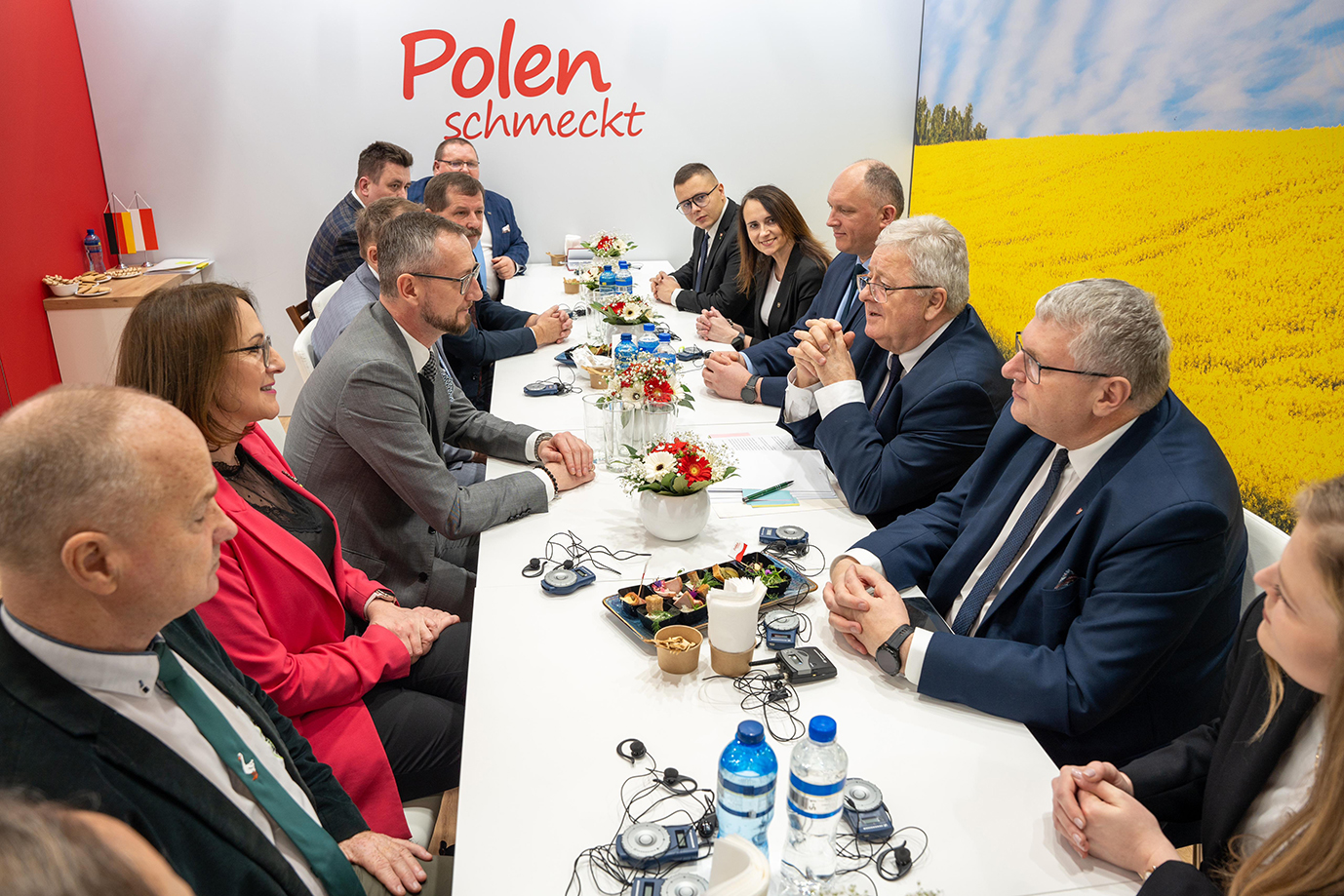 Display photo 2 in the gallery.
Display photo 2 in the gallery.
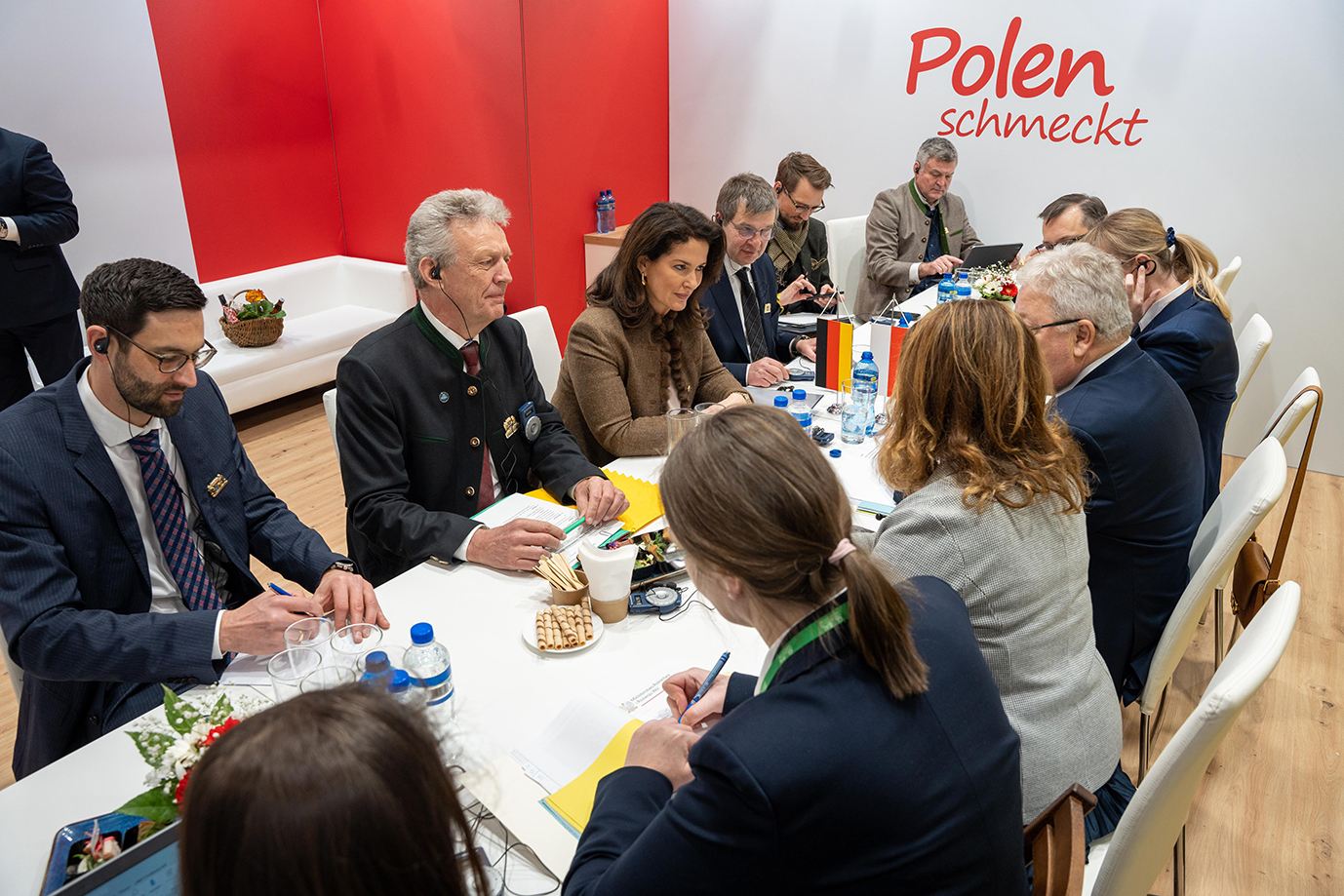 Display photo 3 in the gallery.
Display photo 3 in the gallery.
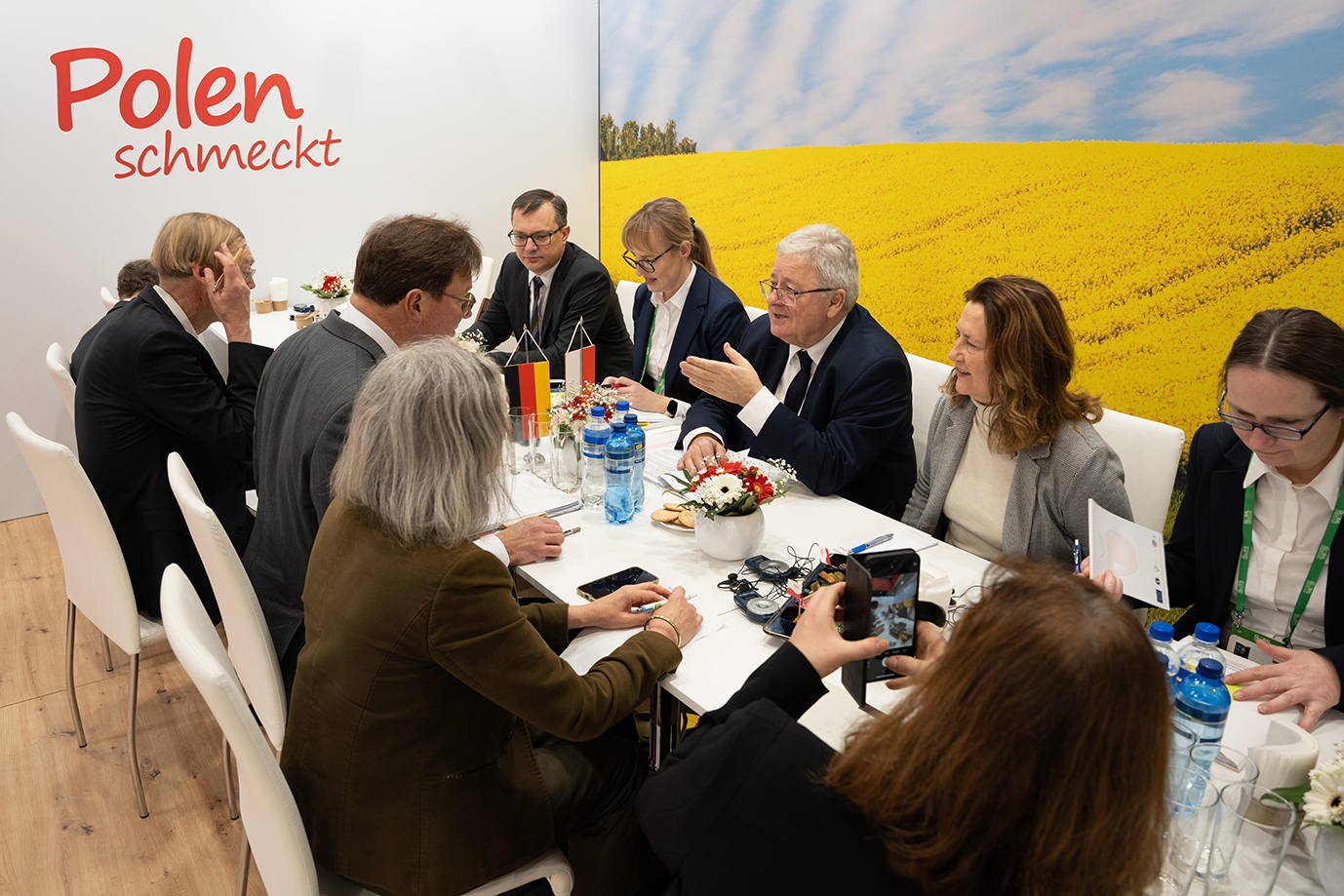 Display photo 4 in the gallery.
Display photo 4 in the gallery.
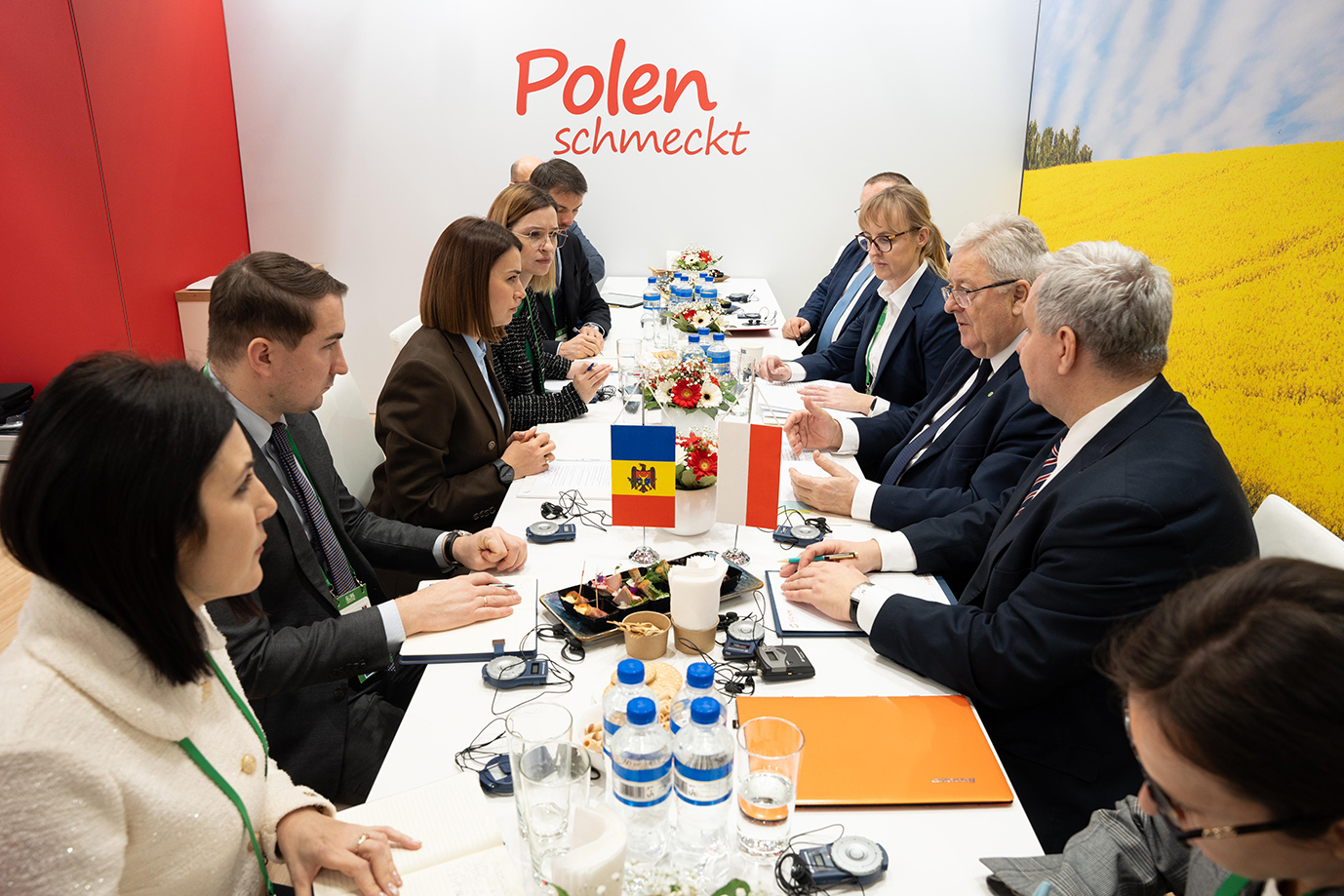 Display photo 5 in the gallery.
Display photo 5 in the gallery.
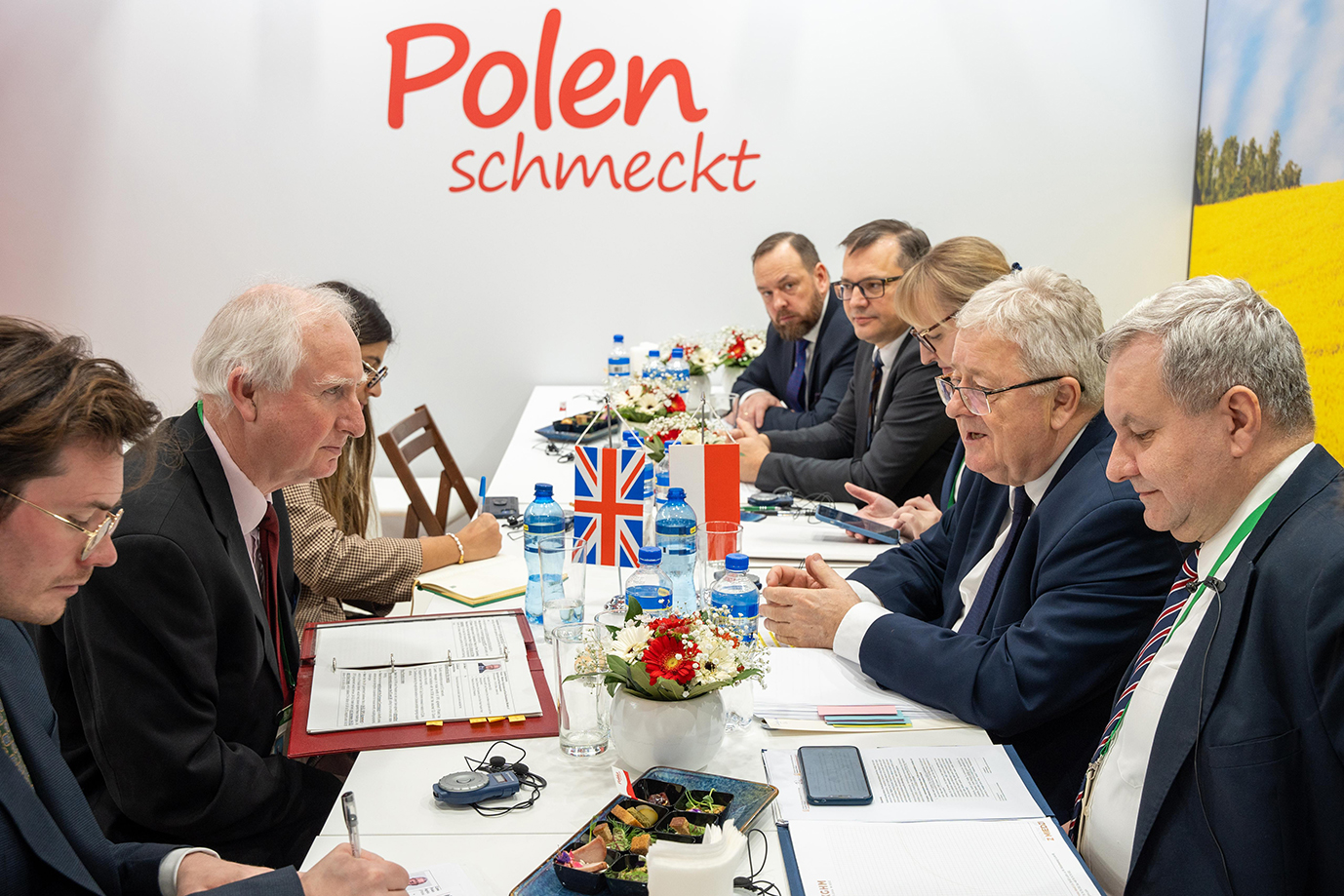 Display photo 6 in the gallery.
Display photo 6 in the gallery.
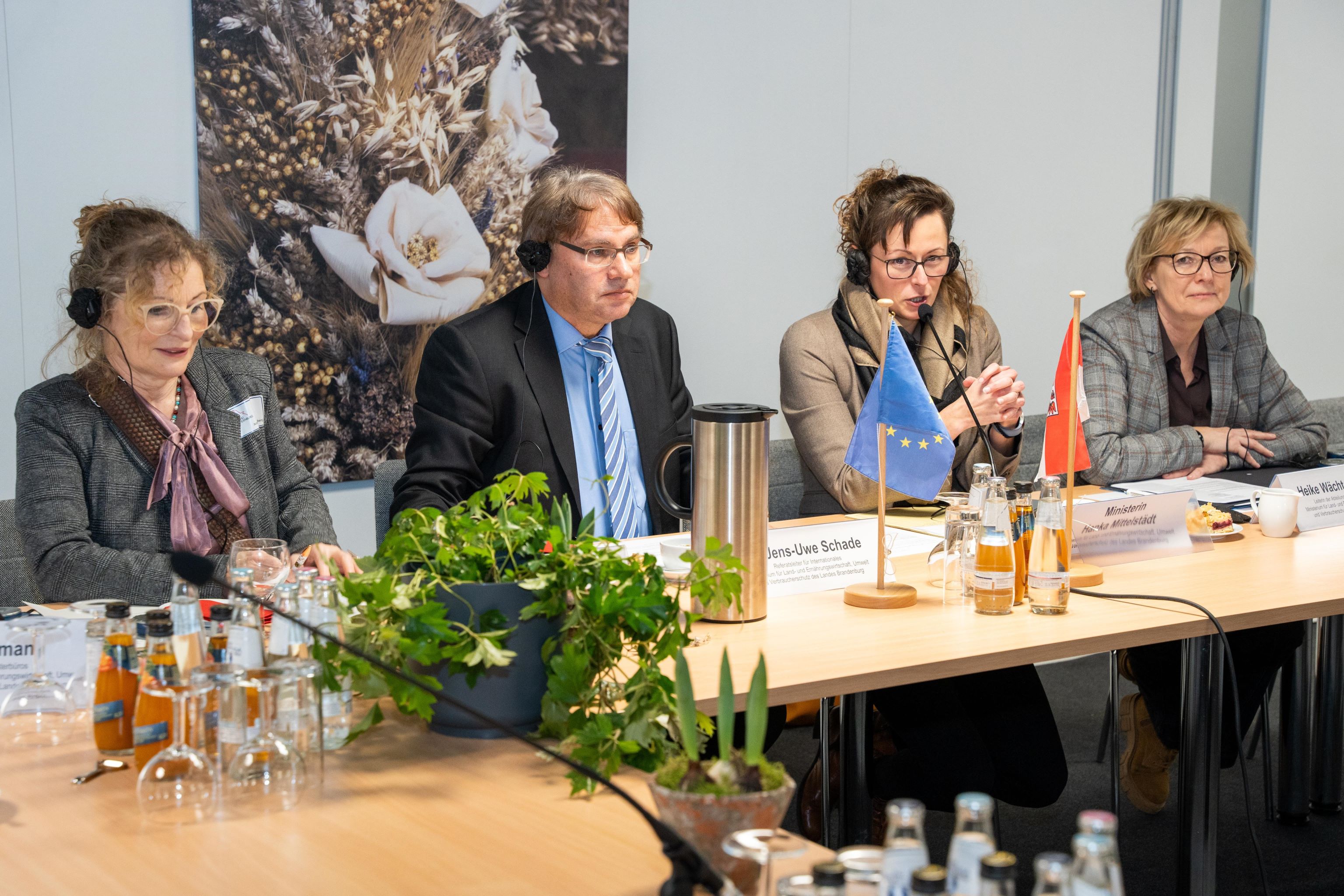 Display photo 7 in the gallery.
Display photo 7 in the gallery.
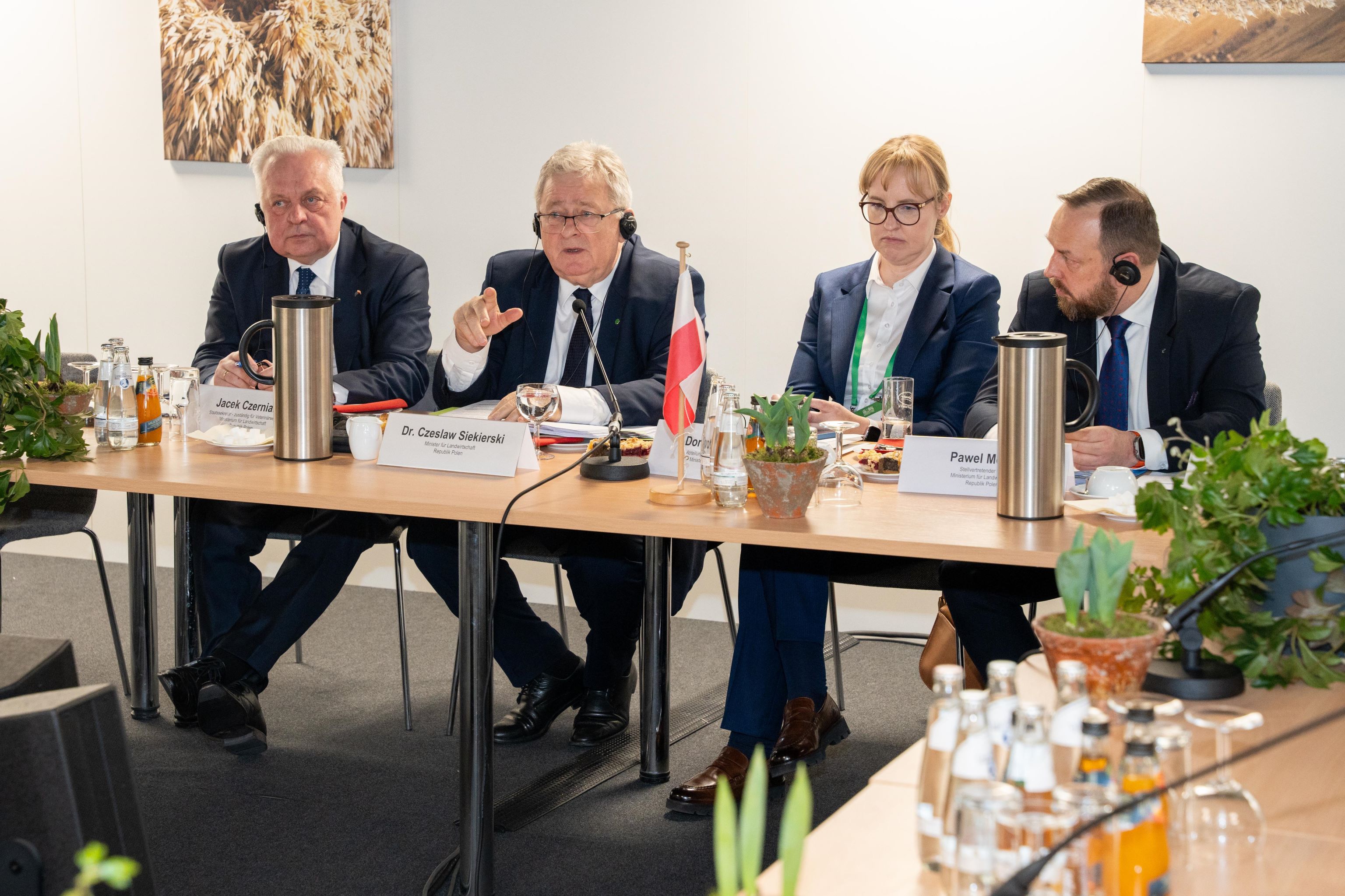 Display photo 8 in the gallery.
Display photo 8 in the gallery.
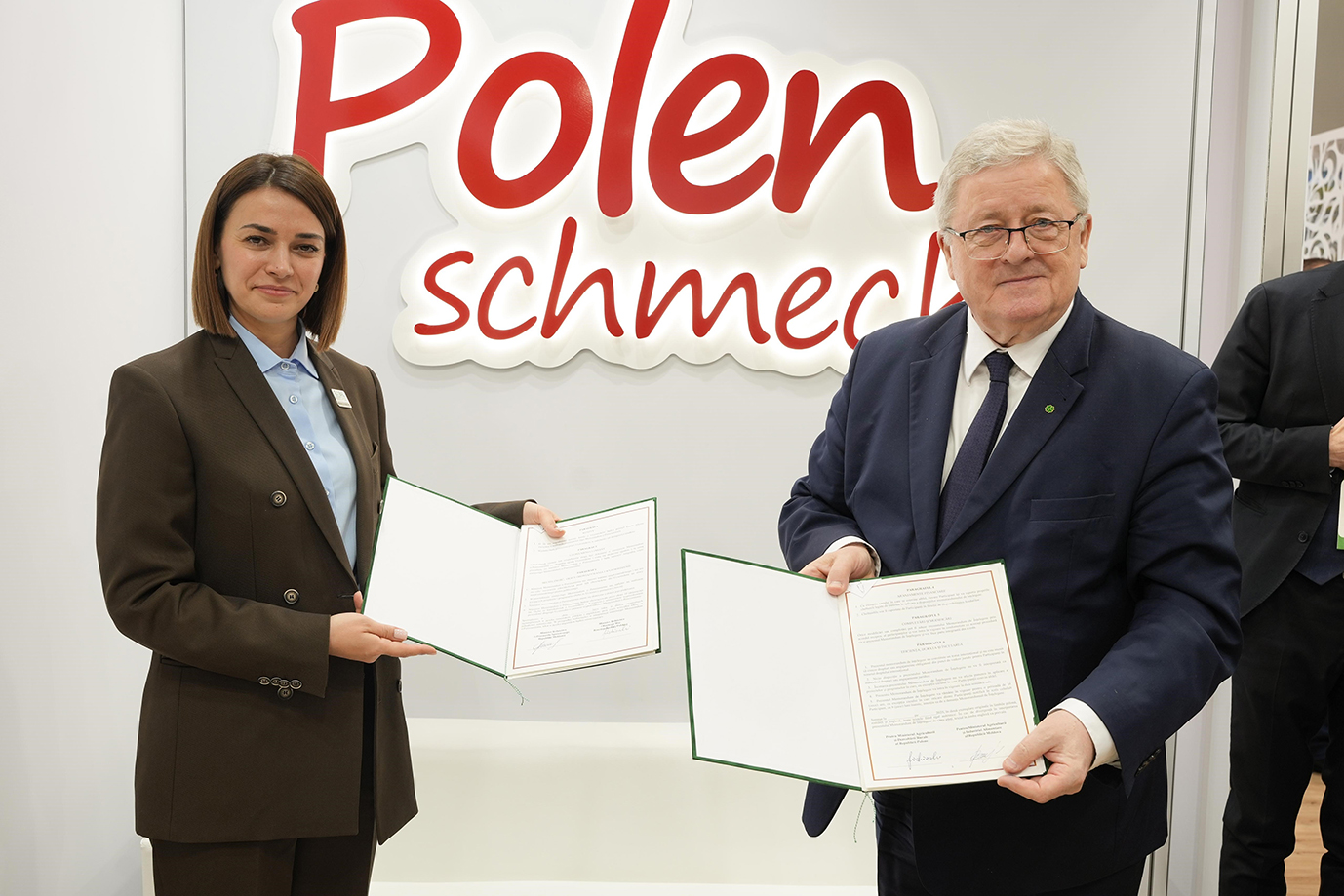 Display photo 9 in the gallery.
Display photo 9 in the gallery.
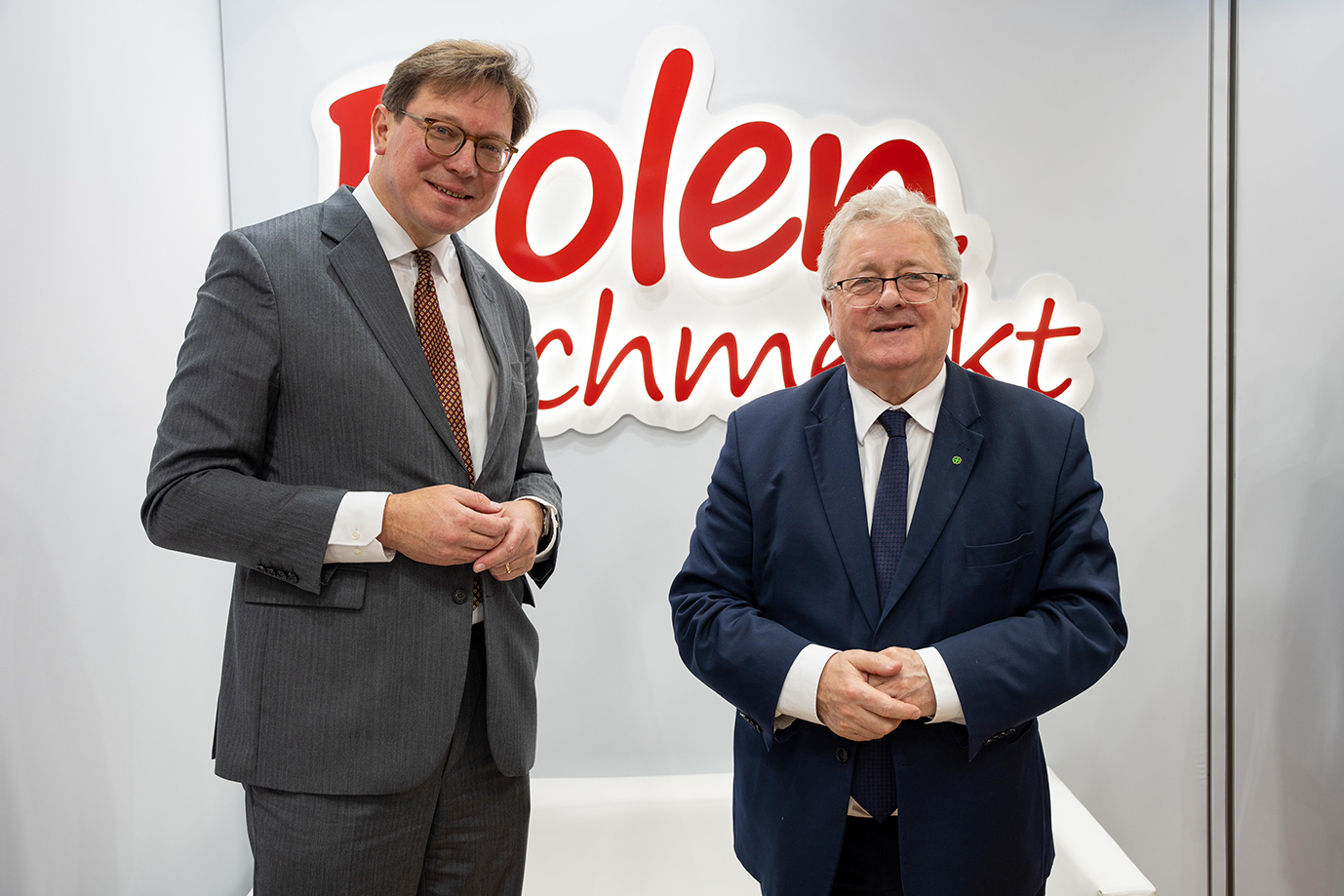 Display photo 10 in the gallery.
Display photo 10 in the gallery.
